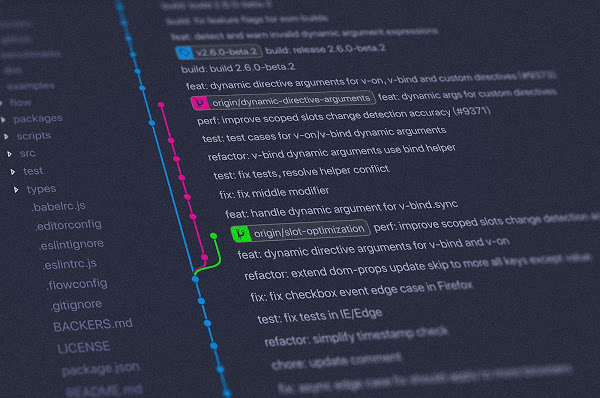Inadvertently Exposed Secrets and Tokens are promptly Scanned by GitHub


GitHub recently updated its insights to include repositories that contain registry secrets for PyPI and RubyGems. This approach protects millions of Ruby and Python programmers’ who can unintentionally commit secrets and credentials to their GitHub repository.
GitHub, Inc. is a software development and version control Internet hosting service utilizing Git. It provides Git’s distributed version control, source code management as well as its features. GitHub provides users with Advanced Security licenses with security features available. These functionalities are also available for public repositories on GitHb.com.
It was recently reported by GitHub that repositories that expose PyPI and RubyGems secrets, such as passwords and API tokens are now routinely scanned.
To take advantage of this functionality, developers must make sure that GitHub Advanced Security is activated for their repository that is the default situation for public repositories.
“For public repositories on GitHub.com, these features are permanently on and can only be disabled if you change the visibility of the project so that the code is no longer public,” states GitHub.
Secrets or tokens are strings that one can validate themselves when using a service, comparable to a username and a password.
Third-party API applications often utilize private secrets in their code to access API services. As being such, one should be careful not to expose secrets, since this can lead to far more attacks in the broader supply chain.
GitHub might inspect, among other things, for the secrets of the mistakenly committed npm, NuGet, and Clojars.
As observed the list of GitHub Advanced Security currently supports more than 70 distinct kinds of secrets which are comprehensive.
The advisory further read, “For other repositories, once you have a license for your enterprise account, you can enable and disable these features at the organization or repository level. For more information, see “Managing security and analysis settings for your organization” and “Managing security and analysis settings for your repository.” If you have an enterprise account, license use for the entire enterprise is shown on your enterprise license page. For more information, see “Viewing your GitHub Advanced Security usage”.”
GitHub tells the administrator when it spots a password, an API token, private SSH keys, or any other secrets that have been disclosed in public repositories. For instance, recently introduced PyPI and RubyGems, the registry maintainers would then remove the disclosed authorization and email the developer as to why.
“If we find one, we notify the registry, and they automatically revoke any compromised secrets and notify their owner,” explains GitHub software engineer Annie Gesellchen in a blog post. The benefit of GitHub’s RubyGems and PyPI cooperation is that it revokes disclosed secrets automatically in seconds instead of waiting for the developer to take manual action.
Automated secrecy scanning takes the user one inch ahead to protecting the developer’s infrastructure from inadvertent leakage and increasing security in the supply chain.
If you like the site, please consider joining the telegram channel or supporting us on Patreon using the button below.


